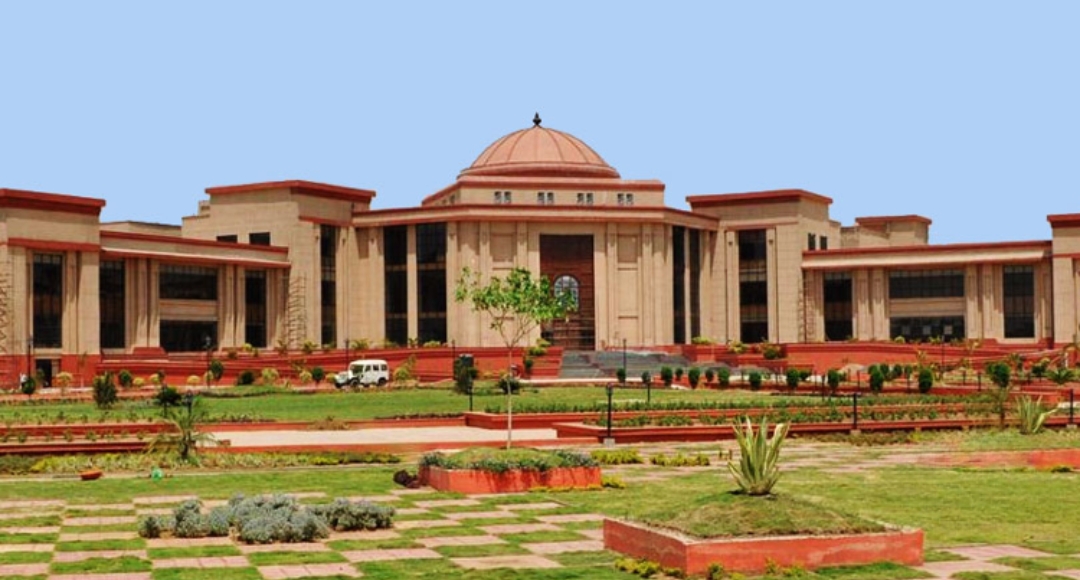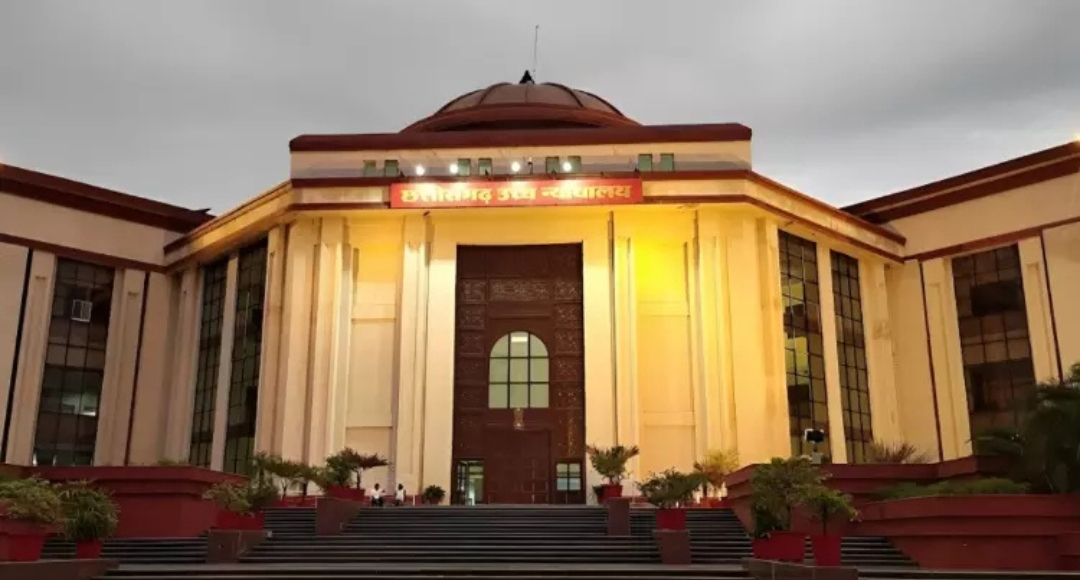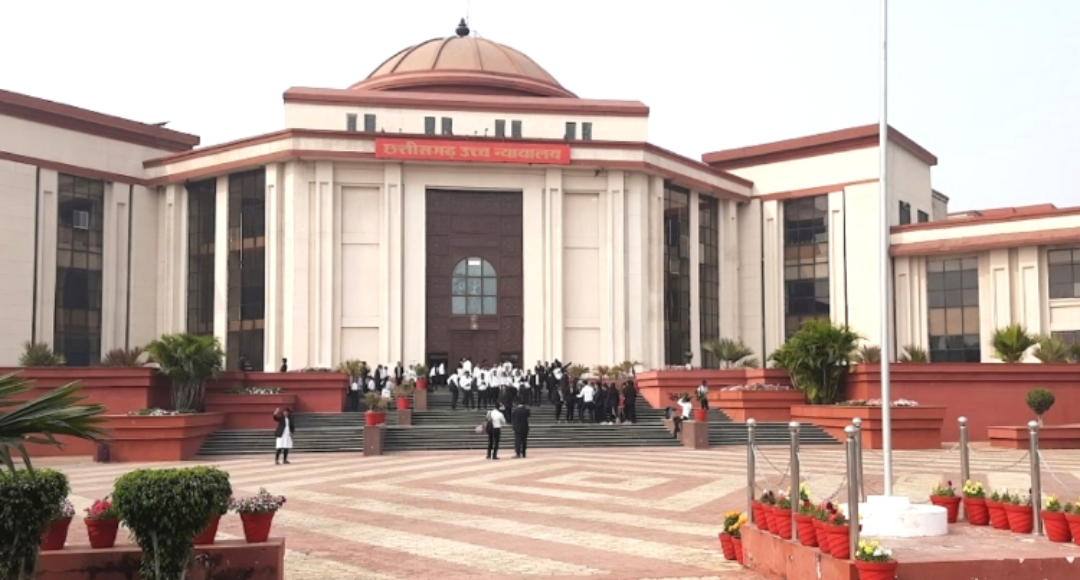Sometimes, silence is misunderstood. Sometimes, the absence of answers becomes a reason for blame. In a deeply emotional and legally significant case, the Chhattisgarh High Court has overturned a life sentence handed to a mother accused of killing her two-year-old son.
Chhattisgarh High Court Acquits Woman Accused
The story began with heartbreak. A woman was convicted by a Fast Track Court for allegedly strangling her little boy, Ayush, who was just two years old. The prosecution claimed that the child had been born out of an illicit relationship and that the mother chose to end his life because of it.

The postmortem revealed that the child died due to cardio-respiratory failure caused by strangulation. Based on this and the woman’s behaviour after the incident, she was arrested, convicted under Section 302 of the Indian Penal Code, and sentenced to life in prison.
Chhattisgarh High Court Offers Fresh Perspective on Guilt
When the matter reached the Chhattisgarh High Court, the judges took a closer, more sensitive look at the evidence. They agreed that the child’s death was indeed homicidal, but the question was, who was truly responsible? The Court found that the lower court had heavily relied on circumstantial evidence, especially the woman’s silence about the whereabouts of her child and a statement allegedly made during the investigation.
The Chhattisgarh High Court, in its detailed judgment, emphasised that while a person’s behaviour after a crime can be considered under Section 8 of the Indian Evidence Act, it cannot alone be the foundation of a murder conviction. The Chhattisgarh High Court noted that the trial court’s decision was largely based on the woman’s silence and a so-called confession, which had no legal standing as per established law.
A Judgment that Brings Legal Clarity and Emotional Relief

By setting aside the conviction, the Chhattisgarh High Court not only restored the principles of justice but also brought emotional closure to a case filled with sorrow, assumption, and legal uncertainty. The ruling reminds us that while justice must be done, it must also be done fairly, and never at the cost of assuming guilt where there’s doubt.
Disclaimer: This article is intended for informational purposes only and does not constitute legal advice. The facts presented are based on court findings and publicly available records.
Also Read:
Supreme Court Says No Trial for Expired Lawsuits
When Law and Love Unite: Supreme Court Applauds Piplantri Tree Tradition
Uniform Civil Code is Not Just Law, It’s Humanity, Says Karnataka HC






